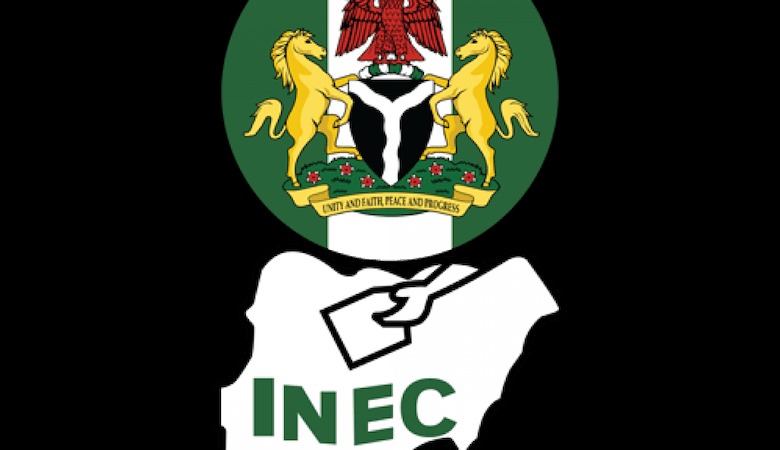INEC Urges Stricter Laws on Cash in Polling Areas to Curb Vote-Buying
 The Independent National Electoral Commission (INEC) has urged the National Assembly to introduce stricter laws to prohibit politicians from carrying large sums of money within polling areas, as part of efforts to curb vote-buying and other electoral malpractices. The call came during a consultative meeting held in Abuja on Friday, where INEC’s Director of Litigation and Prosecution, Tanimu Muhammed SAN, emphasized that vote-buying remains a major threat to Nigeria’s democracy.
The Independent National Electoral Commission (INEC) has urged the National Assembly to introduce stricter laws to prohibit politicians from carrying large sums of money within polling areas, as part of efforts to curb vote-buying and other electoral malpractices. The call came during a consultative meeting held in Abuja on Friday, where INEC’s Director of Litigation and Prosecution, Tanimu Muhammed SAN, emphasized that vote-buying remains a major threat to Nigeria’s democracy.
According to Muhammed, politicians often justify carrying large amounts of cash on election day by citing party agent payments and logistics expenses. However, he warned that the circulation of large sums of cash at polling units has fueled vote-buying, undermining the credibility of elections. He proposed that individuals should be restricted from carrying more than ₦50,000 in polling areas to prevent this practice.
INEC also reiterated its long-standing demand for the establishment of an Electoral Offenses Commission. Muhammed explained that while INEC is doing its best to handle prosecutions, the commission lacks the capacity to effectively address electoral crimes such as vote-buying and ballot-snatching. He stressed that a dedicated institution with the legal authority and resources to prosecute offenders is essential for maintaining election integrity.
The meeting, which was organized by the Joint Senate and House of Representatives Committees on Electoral Matters in collaboration with the Policy and Legal Advocacy Centre (PLAC), was also attended by security officials. The Commissioner of Police in charge of election planning, Abayomi Shogunle, noted that inadequate resources have hindered law enforcement efforts during elections. He mentioned logistical challenges such as deploying officers to remote areas and ensuring real-time communication during elections.
Hon. Adebayo Balogun, the Chairman of the House Committee on Electoral Matters, responded to the concerns raised, promising that the National Assembly would address the issues discussed in future electoral reforms. Balogun acknowledged that the 2022 Electoral Act had significant improvements but also identified areas that need to be strengthened based on the lessons learned from the 2023 elections.
Additionally, Balogun emphasized the importance of raising awareness among political parties, INEC officials, and civil society organizations about the dangers of vote-buying and other electoral malpractices. He assured that comprehensive reforms would be introduced to improve Nigeria’s electoral process, ensuring that future elections are free, fair, and credible.













